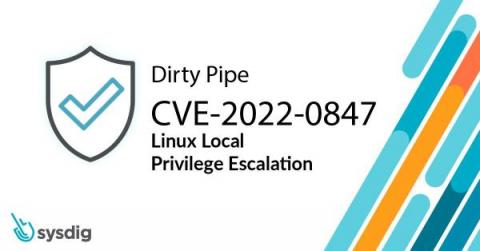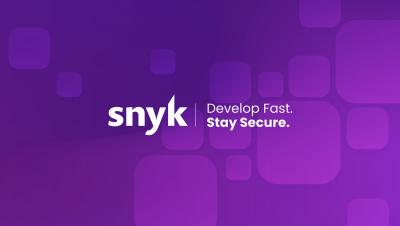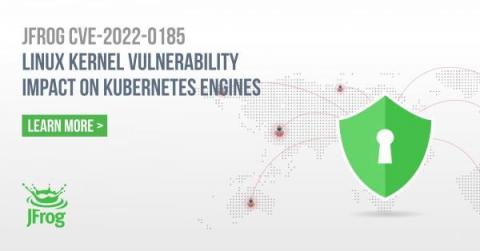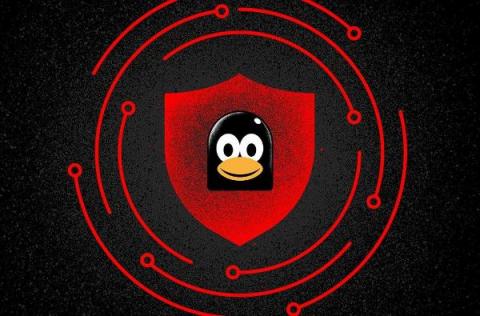The Dirty Pipe vulnerability: Overview, detection, and remediation
The situation with Dirty Pipe is rapidly evolving. We will update the information in this blog as it is released publicly. On March 7, 2022, Max Kellermann publicly disclosed a vulnerability in the Linux kernel, later named Dirty Pipe, which allows underprivileged processes to write to arbitrary readable files, leading to privilege escalation. This vulnerability affects kernel versions starting from 5.8.










